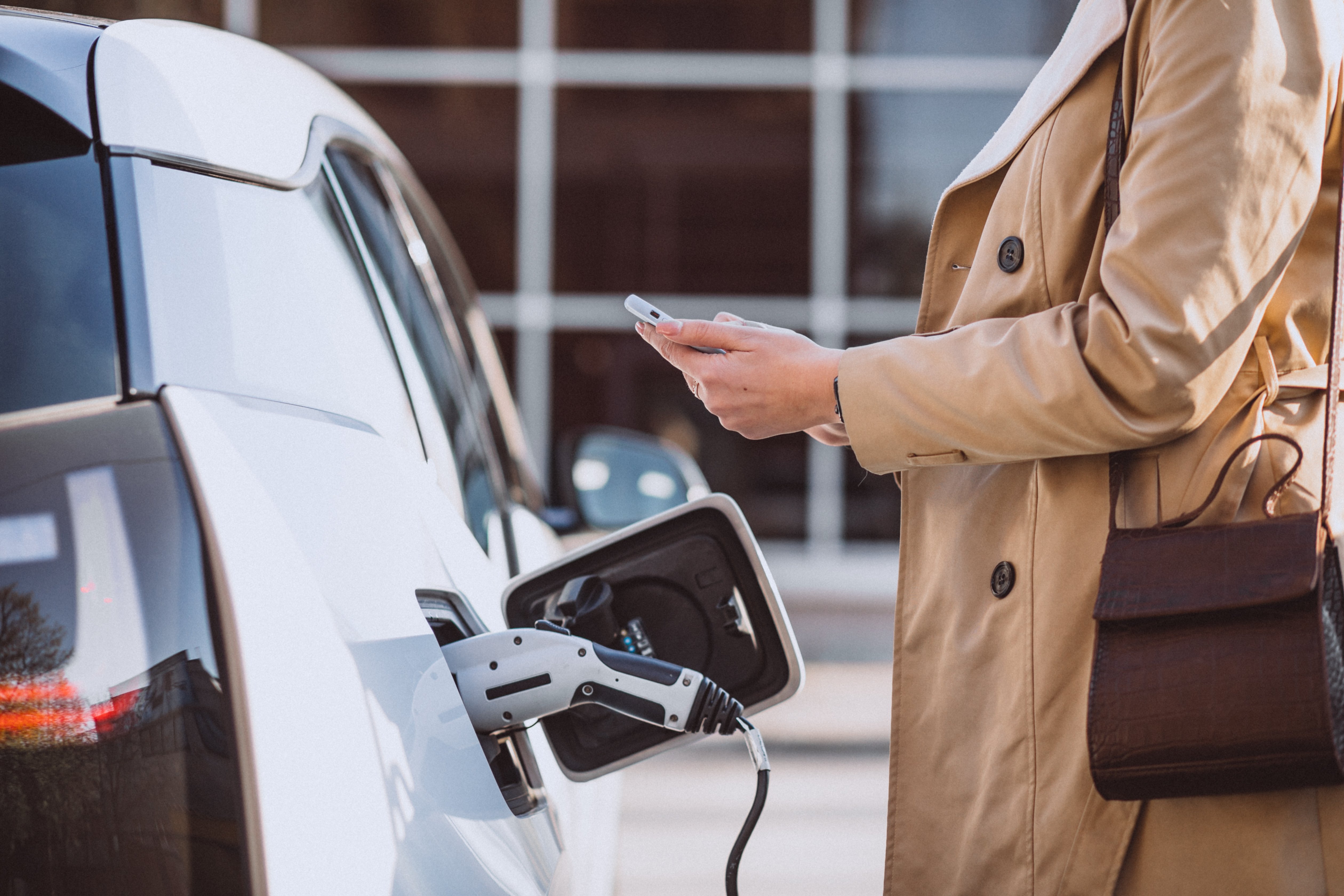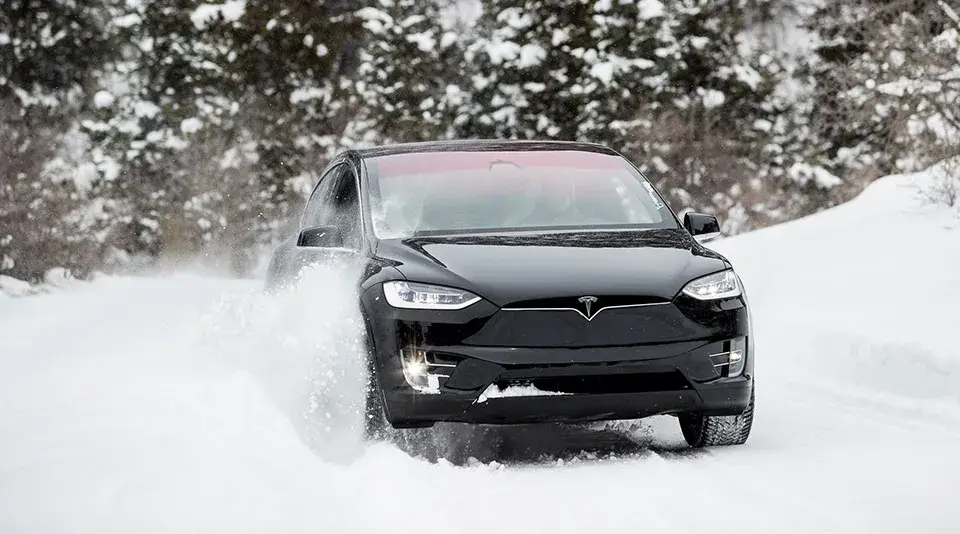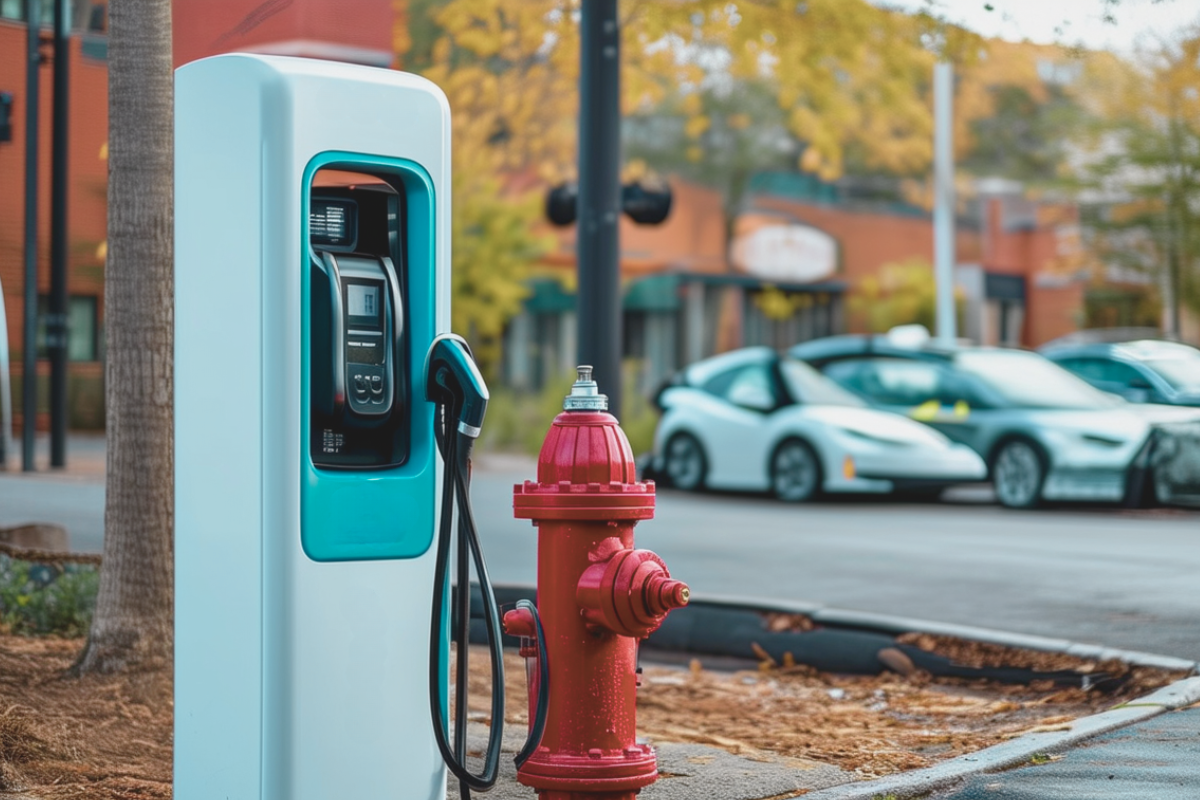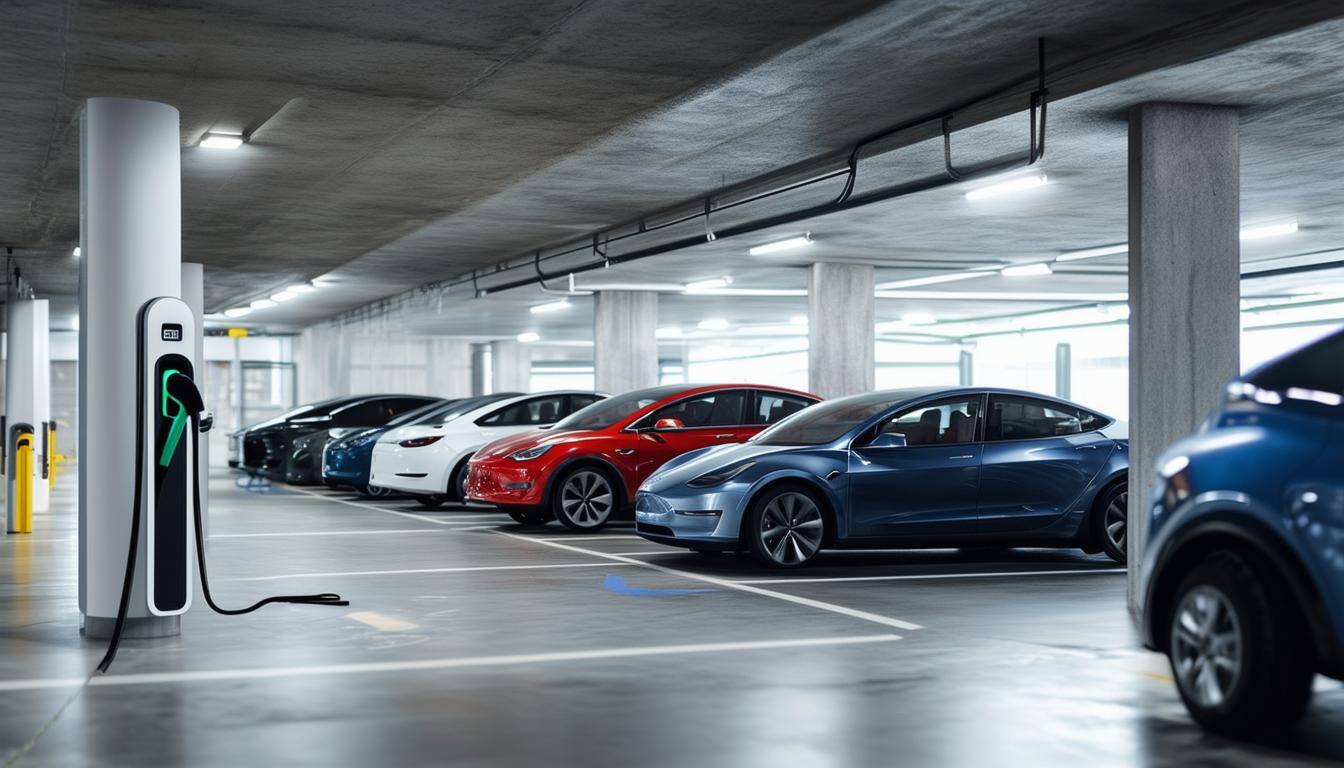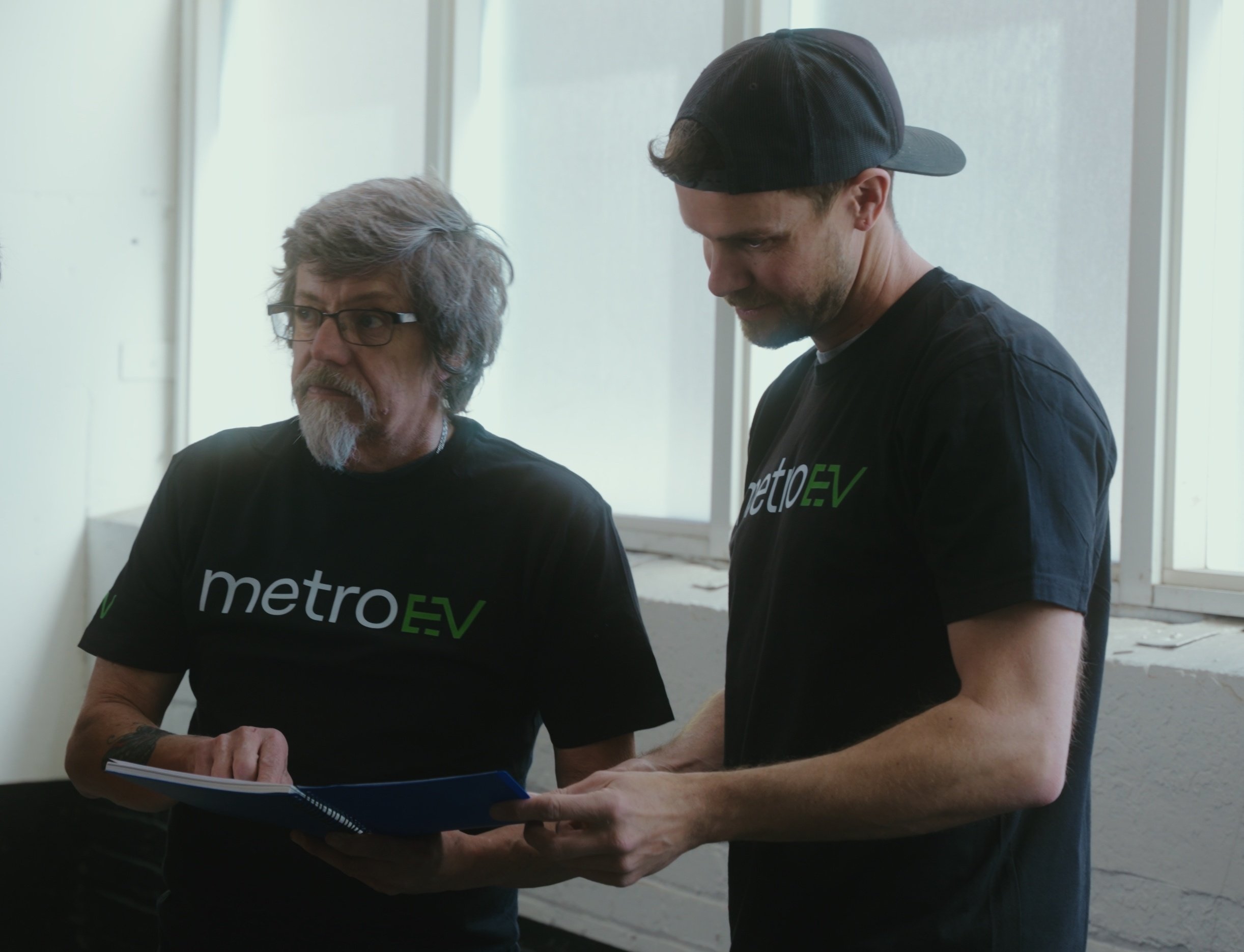A message from Vice President of metroEV, Isaac Klein
Despite current market optics and political challenges favouring the petrol industry, one thing is clear: EV demand and charging infrastructure in Canada are on the rise. EV demand in Canada is growing at a fast rate, fuelled by strong consumer demand, lower ownership costs and advancements in EV technology, EV adoption in Canada in 2024 far outstripped 2023. According to Statistics Canada, EV sales in Canada are on the rise. In 2024, there was a near 44% increase in EV sales compared to 2023. In a report by Electric Autonomy, there was a 32.7% increase in public EV chargers installed across Canada in 2024 compared to the previous year.
EV Sales in Canada
| 2023 | 2024 | |
| Q1 | 30,977 | 48,411 |
| Q2 | 47,683 | 65,733 |
| Q3 | 57,406 | 75,636 |
| Q4 | 52,685 | 81,205 |
| Total | 188,751 | 270,985 |
| Change | 43.57% increase in EV sales |
Source: Statistics Canada
From significant fuel savings to reduced maintenance and owner costs, the economic benefits of owning an EV are more appealing than ever, especially in our economy today. The expanding availability of EV models and charging infrastructure ensures that EVs are now a practical and accessible option for a wider range of drivers. Let’s take a closer look at EV demand growth and why more Canadians are choosing EVs.
Lowering Living Costs, An Economic Advantage of EVs
Switching to an EV isn’t just good for the environment—it’s great for your wallet, too. EV charging costs are significantly less when charging at home than filling up a gas-powered car, and with electricity rates being more stable than fuel prices, long-term savings are substantial. Other than fuel savings, EVs have lower maintenance costs since they have fewer moving parts and don’t require oil changes or exhaust system repairs. Over a car’s lifetime, EV owners can save thousands compared to traditional gasoline vehicles.

Overcoming Canada’s Unique Challenge
Canada's cold weather conditions create unique challenges for EV drivers, but EV technology is quickly developing to meet the demand. With our long, icy winters, manufacturers are addressing these challenges with advanced solutions. Improvements in battery technology have enhanced EV performance in cold weather, reducing EV range loss in cold weather and optimizing charging EVs in cold weather. Specialized winter packages, including heated battery systems and all-weather tires, are becoming standard to keep vehicles running efficiently and comfortably.

A Market on the Rise
The numbers don’t lie—the EV demand in Canada is booming. In a recent report, the industry is projected to generate over $9.2 billion in revenue by 2025, with a compound annual growth rate (CAGR) of 8.35% between 2025 and 2029. By 2029, sales are expected to reach an impressive 254,500 units.

Another exciting development is the market expansion of EV options. The EV market in Canada is expanding rapidly, driven by advancements in technology and an increasing variety of models suited to different lifestyles. Longer battery ranges and enhanced performance have addressed concerns about EV capabilities, making them a viable option for daily commutes and long-distance travel alike. Additionally, with more automakers joining the EV revolution, customers have a wider range of options to suit their needs. The continued expansion of public and private charging networks means that range anxiety is becoming a thing of the past.
With more manufacturers introducing new models, consumers now have a wider selection of EVs that cater to different needs, whether it’s a compact city car, a family SUV, or a rugged vehicle built for Canadian winters. This variety makes it easier for drivers to find an EV that fits their lifestyle without compromise.
The Road Ahead
The transition to EVs isn’t just a trend—it’s a long-term shift toward a more sustainable future. With technological advancements and growing consumer enthusiasm, there’s no doubt that EV demand is here to stay.
Contact metroEV to explore customized EV charging solutions for your property.
Related articles
Complete Guide to EV Charging Stations and How They Actually Work
Understanding EV Charging Costs: A Breakdown
How to Save Money With Smart EV Charging
The Importance of Implementing Scalable EV Charging Infrastructure

AUTHOR
Isaac Klein
Isaac Klein, Vice President at metroEV, leads the development and deployment of electric vehicle (EV) charging solutions and EV charger networks. With expertise in sustainable energy and EV technology, Isaac focuses on creating scalable and flexible EV infrastructure that meets the growing market demand. His leadership ensures that metroEV delivers reliable, future-ready EV charger networks that support the transition to electric mobility and clean energy.
